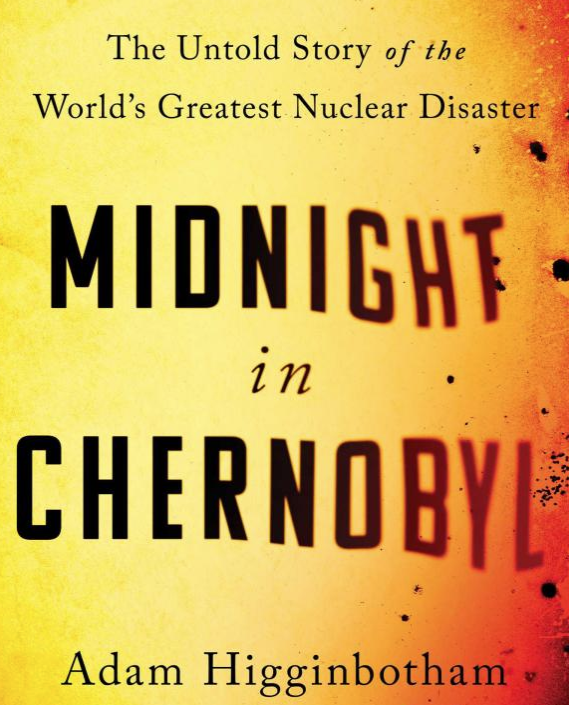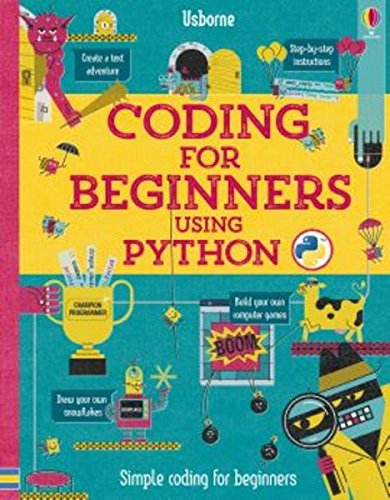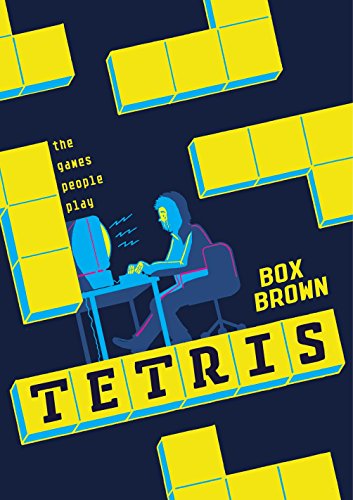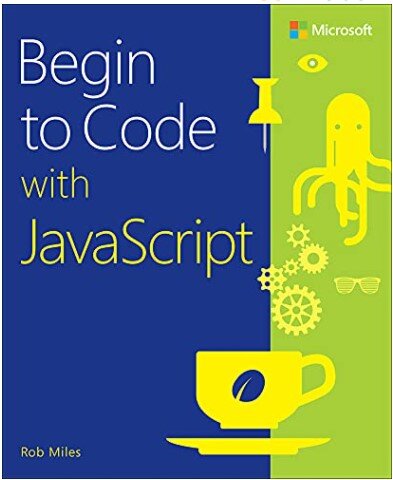Meet Thursday Next
/Today all I’ve felt like doing is sitting and reading. I’m revisiting a series of books I first read years ago, and I’m enjoying them just as much second time round. They are by Jasper Fforde. They are about a time travelling crime fighter who can also go and live in books. She’s called Thursday Next (all the character names are fantastic) and she lives in a parallel reality (I probably should have mentioned that first).
Anyhoo, the books are a riot and incredibly clever. If you are missing Douglas Adams or Harry Harrison you really should take a look. You can find the first episode here. Jasper Fford also has a splendid website (all hand coded by the author in HTML - respect) which you can find here.






















